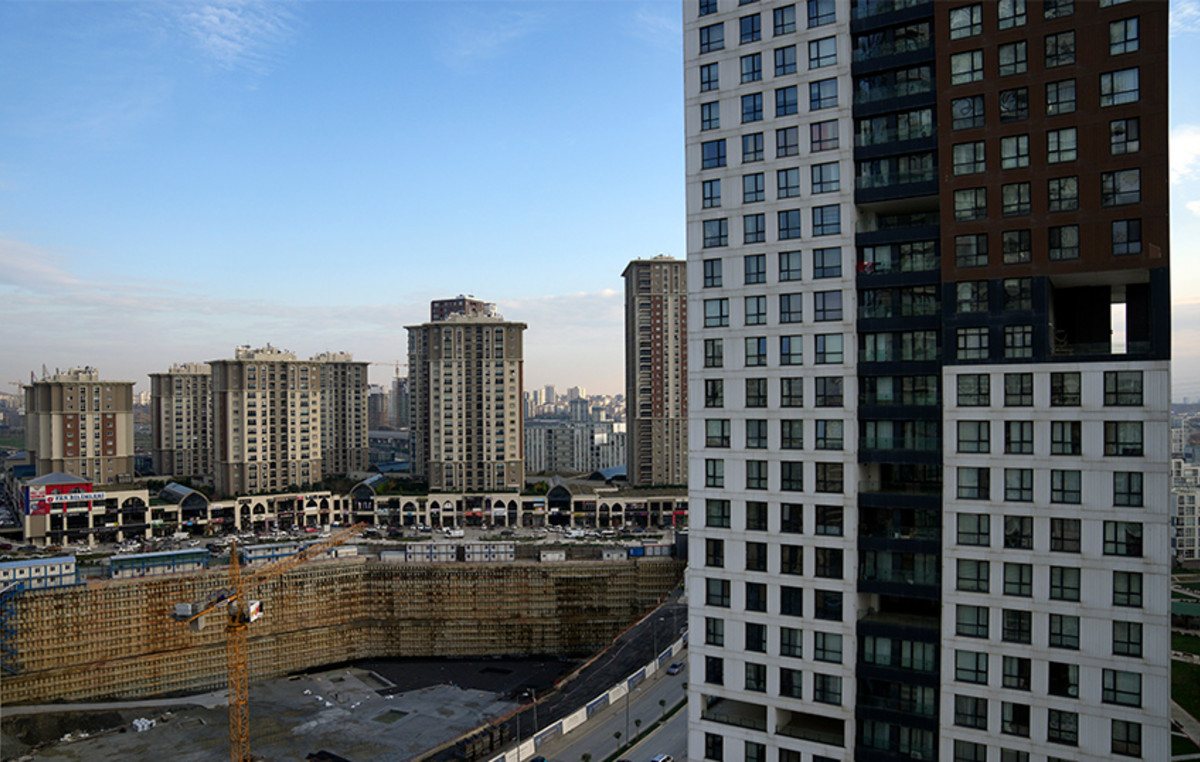The Brazilian Agricultural Research Corporation (Embrapa) forecasts an increase in wheat planting in the country by 300,000 hectares this year, an increase of 11% in the cultivated area.
This number, according to the agency, can generate 900 thousand tons of wheat, which would have a positive impact on the Brazilian trade balance of R$ 1.35 billion, an amount that the country would save with imports of the product.
The goal comes amid the war between Russia and Ukraine, two of the world’s biggest wheat producers.
The conflict puts pressure on supply and, consequently, on the price of the commodity. In 2021, Brazil imported 6.7 million tons of the product, 87% from Argentina.
The survey carried out by Embrapa reports that, in 2015, Brazil harvested 5 million tons of the cereal.
In 2020, production reached 6.2 million tons, and in 2021, this number rose to 7.6 million tons. The forecast for 2022, according to the agency, is 8.1 million tons.
In a decade, if wheat production grows by 10% a year, the country could reach 20 million tons in 2031.
According to Embrapa, international wheat prices have doubled since the beginning of the pandemic, which has become a stimulus for several public and private agencies to seek to increase the production of the commodity.
The executive president of the Brazilian Wheat Industry Association (Abitrigo), Rubens Barbosa, argues that investment in the cereal is positive for the country and can stimulate the growth of other industries.
“The scenario is beneficial for the economy. The milling industry, for example, absorbs whatever production it has. There is also the animal protein industry, which consumes part of the wheat. The foreign market is positive and broad. War has nothing to do with this policy, it only reinforces interest because of the price. So there is a favorable situation for the increase in wheat production in Brazil, which has quality and many markets have been shaken by not exporting”, he observes.
Embrapa points out that there are different factors that make wheat attractive to farmers, such as prices, expectations of favorable weather and increased demand internationally.
All these causes, according to the agency, reinforce the estimate of an increase in the planted area.
Last Thursday (30), President Jair Bolsonaro said that Brazil is on the way to becoming self-sufficient in wheat production, to the point that, in ten years, it will become a major exporter of the product.
For the executive president of Abitrigo, the goal can be reached, but it depends on the variables that affect the crop.
“Climate change, which has an impact on the country’s climate, may be one of the variables for this to become a challenge, but it should not affect significantly. Lack of investment could be another limiting factor, but it is not likely under current circumstances. This projection will depend on the increase not only in the planted area, but also in productivity and production. Ten years is a long time to predict”, says Barbosa.
Barbosa informed the CNN who, before the inauguration of President Bolsonaro, delivered a document called the “National Wheat Policy” to the current government.
In the document, there was a plan on how Brazil could become a major exporter of the commodity. For the executive president of Abitrigo, if the plan had been approved, the country could have brought forward the goal of self-sufficiency.
THE CNN contacted the Ministry of Agriculture, Livestock and Supply to find out how the government has been working to achieve this goal and awaits a response.
A researcher at FGV Agro, Felippe Serigati emphasizes that investment is essential for the achievement.
“I don’t know if it’s possible to have this effect in ten years, but the fact is that we’ve already seen it happen in several products. In the early 1980s, we imported sugar and coffee to supply our domestic market demand. There have been times when we imported rice, when it fell in East Asia. So it wouldn’t be unprecedented. In this case, it is necessary to have enough technologies to produce more”, he opines.
According to Embrapa, Brazil is the 8th largest wheat importer in the world. The company’s research indicates that national consumption is 12.7 million tons and could reach 14 million in the coming years.
* Under supervision of Pauline Almeida
Source: CNN Brasil
I am Sophia william, author of World Stock Market. I have a degree in journalism from the University of Missouri and I have worked as a reporter for several news websites. I have a passion for writing and informing people about the latest news and events happening in the world. I strive to be accurate and unbiased in my reporting, and I hope to provide readers with valuable information that they can use to make informed decisions.







